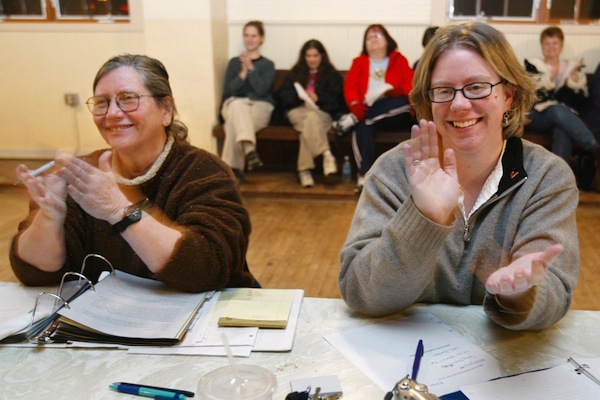President Barack Obama outlined the American Jobs Act in a Sept. 8 speech before Congress, a $450 billion measure intended to generate new jobs and lift the American economy out of its period of recession.
With unemployment at 9.1 percent, the proposal includes payroll tax cuts, extension of unemployment benefits, and tax breaks for business, including a tax credit incentivizing hiring of the long-term unemployed. The International Business Times said Sept. 9 that according to the ratings firm Moody’s, the plan will generate 1.9 million jobs and expand the American economy by 2 percent.
“I think that Obama’s stimulus worked well but now that it is over the economy is taking another hit,” junior Jennifer Lesorogol said. “Considering the state of the nation when he went into office he is doing the best that we could expect for him to do with the economy.”
While some Americans support the plan but feel it comes too late, other groups, including many conservatives, believe the bill fails to address America’s economic woes. Conservatives point out that as of yet, Obama’s has not improved the economy at the rate he promised to.
“I don’t think he has done enough,” senior and leader of the Young Republicans Greg Gannon said. “He is trying to do stuff because but it’s difficult when he has so many different opinions of plans that should be done, but as the President, he has to be a leader and he has to get things done, and he hasn’t done that.”
Finding the funds to pay for the almost $500 billion bill will fall to the deficit super-committee, a group of six congressman tasked with substantially lowering the $14 trillion national debt. The Washington Post said Sept. 9 that in addition to the $1.5 trillion budget cuts the super-committee already must agree upon, Obama requested an additional $450 billion in cuts in order to fund his plan.
“It adds to the scale of the failure. The super-committee will never be able to cut $1.5 trillion. Having it cut $2 trillion is just giving it more of an opportunity to fail,” junior David Abraham said. “Our ability to reach a deficit reduction plan is hindered by a lack of compromise and a large expectation that will never be fulfilled.”
However, the bill faces more challenges than finding money to fund it. As congressional Republicans speak out against its provisions, the passage of the bill is also in doubt.
“The chances that the whole plan is going to pass would be zero. The chances pieces are going to pass would be decent because the Republican leadership has been receptive to some of the ideas that are in there,” social studies teacher David Sonius said.
The unlikelihood of compromise reflects the political gridlock that has entrenched Congress for months. In August, political gridlock led to a debt ceiling crisis that spurred ratings firm Moody’s to downgrade the U.S. credit rating from the safest category of investment to the second safest. The ensuing weeks saw a record low in Congressional approval levels that has yet to substantially improve. As bipartisanship fails in Congress, many have come to doubt that true partnership in government is possible.
“There is no change, no progress, no solutions to problems. … The public doesn’t see anything getting done. The most extreme members of the Republican Party are holding our political system hostage,” leader of the Young Moderates and senior Derek Bergman said.
Despite disagreements about Obama’s plan, Americans agree that the U.S. economy must improve. However, recovery may not have a short-term solution.
“The mess America is in right now is a long process and can not be solved in a couple of months,” freshman Hile Ermias said. “I think Obama’s job right now is to just put the United States back on track so we can be successful as a nation in the future.” #










